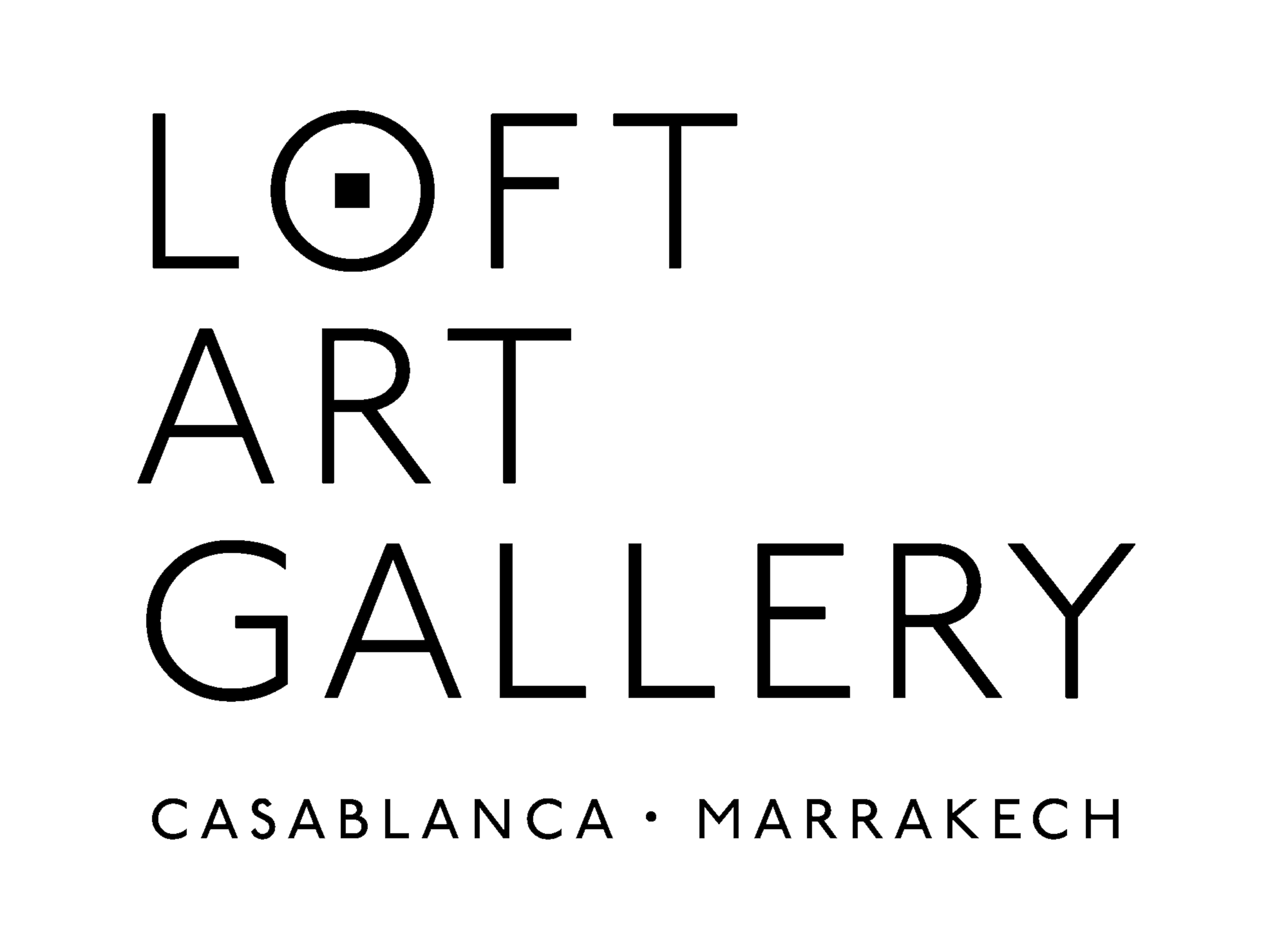"I pay attention to the color spots with my pointillism technique, which finally develops into my subjects. Each spot represents the people of the town of Labadi. It could be a woman selling in the market, or an old man being aided by a group of young boys to cross the street. I like to imagine that all the people who I grew up with, who defined my life and made me the man I am today are represented in every art work of mine, following me wherever I go, or where my art goes. My art transcends beyond standards set by society, even with unrealistic expectations set on people based on specific body sizes. My subjects are not limited to the “model standard”. I paint what my town represents, a place free of judgment based on body size, or type. I believe the body is beautiful regardless of size. So I celebrate all African body types in my work. My works are generated from both constructed and discovered narratives, and explore the relationship between the past and present, leaving the viewer to question what change the future holds and how willing they are to accept or make that change.As I paint, I aim to evolve past the norm of boundaried and critical practice, leaving the viewer with an attestation to the edges of the future, the African future. What starts out as yearning to express my emotions and that of the people around me soon blossoms into a manifesto of comfort, leaving only a sense of satisfaction and the likelihood of new synthesis in my finished work.
Ever since I was a teenager I have been fascinated by the unrelenting mind of my people, though they are faced by the endless cycle of disappointment and lack of opportunities, and their will to change the Africa we currently see and live in. The drive of the African individual to create something out of nothing, to be, to live, and evolve beyond limitations set by society propels my passion to create art. I aim to help my community through my art, and to inspire both the young and old to be more than they think they can be, just as they inspired me. I want my audience to be able to share the feelings of my people, by relating with the texture and detail in my work." Kwaku Yaro

